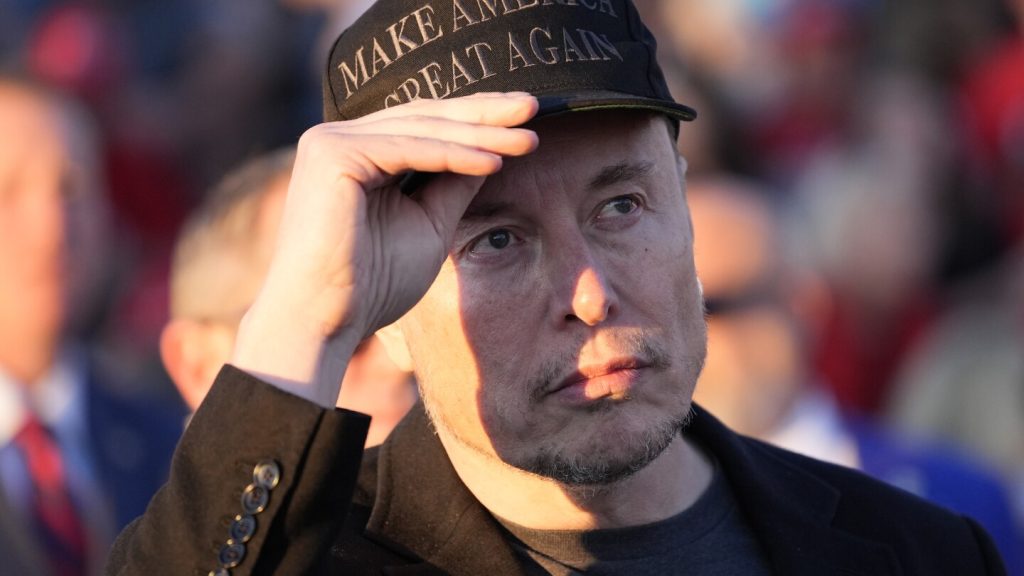Federal Judge to Rule on Musk’s Access to Treasury Records
A federal judge in New York is poised to make a swift decision on whether Elon Musk’s Department of Government Efficiency (DOGE) should be granted immediate access to Treasury Department records containing sensitive personal data of millions of Americans. The case centers on a temporary order issued by Judge Jeannette A. Vargas, which barred Musk’s team from accessing these records. The order, originally put in place by Judge Paul A. Engelmayer, is set to remain in effect until a hearing on Friday. Lawyers for both sides were instructed to meet and file written arguments if no agreement was reached, with Vargas aiming to rule on the matter as early as Tuesday. The Justice Department has argued that blocking Musk’s team from accessing the records is unconstitutional, claiming it interferes with the executive branch’s authority and democratic accountability.
Justice Department Fires Back at Temporary Ban
Justice Department attorneys from Washington and New York have strongly contested the temporary ban, calling it an “unconstitutional” and “remarkable intrusion on the Executive Branch.” In a filing submitted to Judge Vargas, they argued that the order was overly broad and could even be interpreted as barring Treasury Secretary Scott Bessent from accessing the records. The lawyers also criticized the process, noting that they had no meaningful opportunity to present their arguments before Judge Engelmayer issued the ruling. They emphasized that political appointees, such as those on Musk’s DOGE team, are essential to ensuring executive branch accountability and that the ban disrupts the constitutional line of supervision. The Justice Department is urging the court to reverse the order immediately.
Democratic Attorneys General Sue to Block Access
On Friday, a coalition of 19 Democratic attorneys general, including New York Attorney General Letitia James, filed a lawsuit against President Donald Trump, arguing that Musk’s DOGE team should not have access to Treasury records. The attorneys general contend that the team is composed of “political appointees” who lack the necessary training and security clearances to handle sensitive information, such as Social Security and bank account numbers, which are protected by civil servants. They argue that allowing political appointees to access these records could expose millions of Americans to identity theft and other security risks. Lawyers for the attorneys general have proposed minor modifications to Judge Engelmayer’s order but insist that its core provisions should remain in place to safeguard Treasury systems.
Musk and Allies Launch Attack on Judicial Oversight
Over the weekend, Elon Musk and Vice President JD Vance escalated their criticism of the judiciary, targeting Judge Engelmayer’s ruling as part of a broader attack on judicial oversight. Musk took to social media to label the judge as “corrupt” and called for his impeachment, while Vance dismissed the decision as an overreach of judicial authority. Speaking aboard Air Force One, Vance stated, “No judge should frankly be allowed to make that kind of decision.” These comments have sparked concerns about the erosion of respect for the separation of powers, a cornerstone of American democracy. Legal experts and civil libertarians have warned that such rhetoric undermines the legitimacy of the judiciary and the rule of law.
Security Concerns Over Access to Personal Data
As the legal battle unfolds, experts have raised significant security concerns about Musk’s efforts to access Treasury records. The personal data of millions of Americans, including Social Security numbers and bank account information, is stored in these records, and improper access could lead to widespread identity theft and financial fraud.Critics argue that Musk’s DOGE team, composed of political appointees, lacks the necessary training and clearances to handle such sensitive information responsibly. They point out that civil servants within the Treasury Department are specially trained to protect this data, and bypassing them could introduce vulnerabilities. While Musk’s supporters praise his initiative to root out government waste, opponents warn that the risks to individual privacy and national security far outweigh any potential benefits.
Implications for Government Accountability and Privacy
The case has sparked a heated debate over the balance between government accountability and individual privacy. Musk’s DOGE team was established to identify and eliminate wasteful government spending, a goal that resonates with many Americans who are critical of bureaucratic inefficiency. However, the team’s approach has drawn criticism, with opponents accusing it of overreach and disregard for established protocols. The legal challenge by Democratic attorneys general highlights the tension between political appointees and career civil servants, raising questions about who should oversee sensitive government operations. As the court prepares to rule, the outcome will have far-reaching implications for executive authority, judicial oversight, and the protection of personal data in the digital age.












